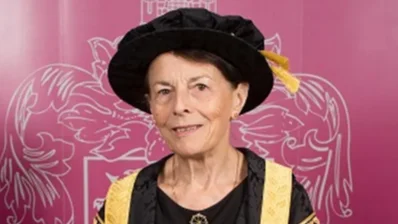A recent review led by Dr Aimee Grant from Swansea University’s School of Health and Social Care has highlighted significant gaps in menopause support for Autistic people. The study, published in the journal Autism in Adulthood, involved a systematic analysis of academic research and personal accounts to understand the experiences of Autistic individuals during menopause.
Dr Grant identified three main findings: a lack of knowledge about menopause among Autistic people, reports of a wide range of symptoms, and inadequate treatment options. The review found that many Autistic individuals were not aware they were experiencing menopause when symptoms began. Online forums and peer groups were noted as important sources for information and shared experiences.
The study also reported that Autistic people experience various menopause symptoms such as mental health challenges, cognitive issues, fatigue, reduced functioning, sleep disturbances, hot flushes, and night sweats. These are similar to those experienced by the general population but can be intensified by sensory sensitivities unique to Autistic individuals. Two studies cited in the review found that Autistic people often have more severe menopause symptoms than non-Autistic people. Some participants said these symptoms affected their work life, relationships, and self-perception.
Treatment approaches varied widely among those surveyed. Many relied on non-medical coping strategies like increased rest. Most described their interactions with healthcare professionals as negative, and few had tried Hormone Replacement Therapy (HRT).
The review also pointed out several areas where further research is needed. These include understanding how menopause affects underserved groups within the Autistic community, examining urogenital symptoms such as urinary incontinence, evaluating the use and effectiveness of HRT, and developing tools to support Autistic people during menopause.
Dr Grant stated: “My review shows there is a real need to develop high-quality, co-produced resources to help Autistic people prepare for and navigate menopause. I also think that peer support models should be explored and evaluated and that healthcare professionals need to have tailored training and information to provide appropriate care for Autistic people during this life stage.”
Willow Holloway, Director of Autistic UK and one of the study’s authors said: “We urgently need recognition of the different communication and access needs Autistic people have during menopause. It’s important that health professionals focus on the additional barriers of being Autistic, which can create a double-edged sword by adding to existing health inequalities. This review involved Autistic people with lived experience, and it is essential that the solutions are co-developed”

